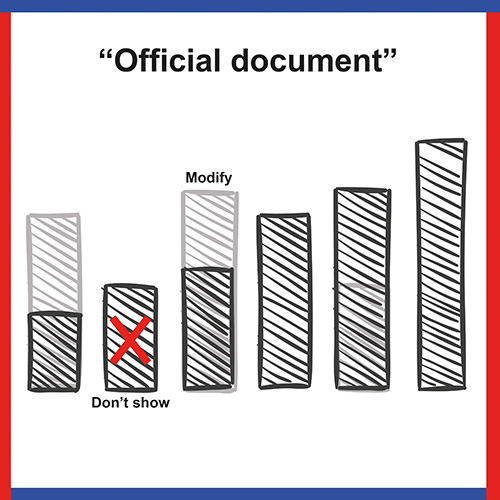It’s winter and it’s quite chilly out there. One of the last things you may want is to be stuck on the highway in winter. Here are some tips to help you out.
Battery and fluids
Inspect your battery and cables for erosion and cracks, and replace or repair as necessary. If your battery is more than three years old, consider replacing it. Keep jumper cables in your trunk in case your battery won’t start.
For winter, switch to a thinner motor oil and adjust the ratio of coolant to water in your radiator. Refer to your vehicle’s owner’s manual or a professional for the appropriate numbers. Also top off your windshield washer fluid and consider replacing your windshield wiper blades. To prevent a frozen gas line, refill your tank often. You may want to keep your gas tank at least half full. It’s a good idea to keep extra of these fluids and a funnel in your trunk.
Tires
Tire pressure drops in colder weather, so monitor your tire pressure. Your owner’s manual will provide you with the ideal tire pressure. Some vehicles also alert you to low tire pressure; do not ignore the warning. Lower tire pressure causes less traction, which increases your risk of an accident.
Invest in decent tires. You may believe you can get a few more months out of those balding tires, but winter is the worst time to have bare tread. Experts suggest using snow tires in the winter, but if you don’t have space for an extra set of tires, you can purchase all-season tires. Either option is much safer than driving on bald tires. Always keep a spare tire and a jack in your trunk and know how to use them.
Emergency kit
In addition to a spare tire, keep an emergency kit in your vehicle. Stranded vehicles are a reality, especially during winter, when freezing temperatures and precipitation result in dangerous driving conditions. Some retailers sell pre-packaged emergency kits, or you can make your own.
A basic vehicle emergency kit should include road flares, hazard cones, non-perishable snacks and a flashlight with spare batteries.
In addition, your winter-specific kit should include blankets, gloves, a small, sturdy shovel, an extra ice scraper and hand warmers.























